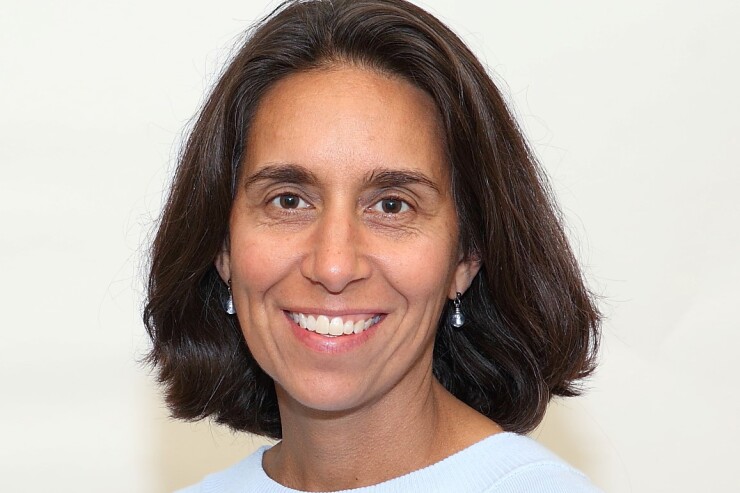Public finance groups are releasing new guides and offering expert advice to help municipal bond issuers navigate the transition away from Libor, hoping to help them avoid potentially serious pitfalls.
The Government Finance Officers Association released an advisory Thursday for users of swaps and derivatives.
Separately, the National Association of Bond Lawyers held an online seminar to discuss the compliance issues for making the transition.

The Federal Reserve and regulators in the United Kingdom announced in November they will go ahead with plans to cease publication of one-week and two-month U.S. dollar Libor by the end of 2021, but will provide an additional 18-month window for the phase out of other Libors through the end of June 2023.
Despite that reprieve, public finance groups have stepped up their efforts to make the transition occur by the end of this year.
NABL participants were advised during Thursday's seminar that fallback language is needed to avoid a reissuance. A reissuance occurs when the terms of a bond issuance change enough to no longer be considered the same for tax law purposes. In some cases, a reissuance can lead to exempt bonds becoming taxable.
GFOA’s
The first GFOA paper advised finance officers to make a list internally of all possible exposure that could be tracked throughout 2021 and emphasized “some contracts may require governing board approval for change.”
Beyond swaps and derivatives as well as bank loans, Libor can be found in bank loans, floating rate notes, direct placements, letters of credit, purchasing cards, intergovernmental fund agreements, lease contracts and variable rate demand obligations.
For swaps and derivatives, the new GFOA advisory said the International Swaps and Derivatives Association has developed “more robust fallback language to specify the rate to be used upon a Libor cessation.”
Although the use of the ISDA fallback is irrevocable, issuers can escape that commitment by reaching a new bilateral agreement or by replacing the swap or derivative with a new document.
“It applies to existing documents that you’ve done prior to adhering,” said Cindy Harris, chief financial officer of the Iowa Finance Authority and chair of the GFOA’s working group on the phase-out of Libor.
The NABL seminar focused on IRS Revenue Procedure 2020-44 which said the ISDA fallback language as well as the Alternative Reference Rates Committee can be used.
The Revenue Procedure applies to contracts entered on or after Oct. 9, 2020 through Dec. 31, 2022, and is also retroactive for modifications to contracts entered into prior to Oct 9, 2020.
The NABL panelists advised participants the general rule under the proposed IRS regulations is that amendments to documents to replace existing rate Libor with a qualified rate will not result in reissuance if the fair market value of the alternate instrument is substantially equivalent to the fair market value of the unaltered instrument.
The most common qualified rate is the Secured Overnight Financing Rate (SOFR).
However, banks are particularly reluctant to set a fair market value, one of the panelists warned.
The proposed regulations the fair market value may be determined by any reasonable valuation method as long as that method is applied consistently and takes into account any one-time payment, that's made an adjustment in lieu of an adjustment to the index.
The IRS regulations give relatively broad authority to also have what are termed “associated alterations” that can be done in conjunction with the change of the reference rate, and not create a reissuance or a deemed termination.
A one-time payment can be used to harmonize the old fair market value with the new fair market value, the panelists said, if an adjustment to the spread or to the rate isn’t enough.
Panelists said the amendments can be made through an amendment of the original instrument or an exchange of a new instrument for the original instrument.





